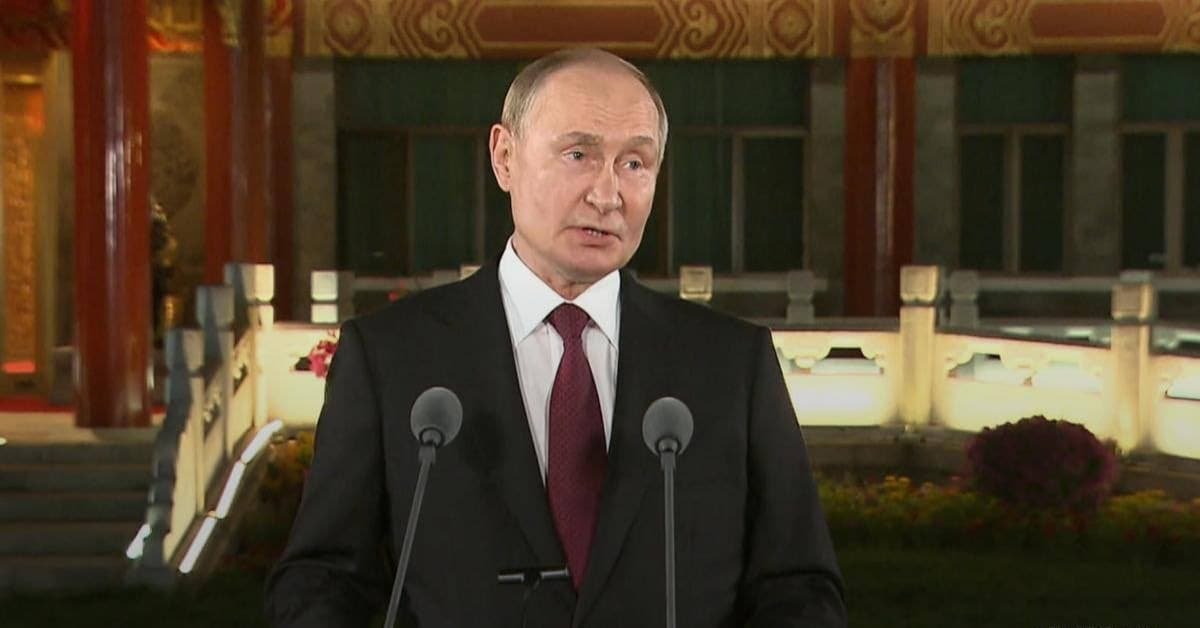At the conclusion of his official visit to China, Russian President Vladimir Putin publicly expressed that he remains open to a meeting with Ukrainian President Volodymyr Zelenskyy, provided it takes place in Moscow and is tied to well-prepared, results-driven talks. Speaking during a news conference, Putin emphasized he has “never ruled out” such a meeting but questioned whether it would yield meaningful progress under current conditions.
Putin outlined a demanding set of preconditions for the talks to have any substantive value. He stated Ukraine must first lift martial law, conduct national elections, and hold a referendum on territorial matters—steps aimed at shaping internal legitimacy and the framework for territorial disputes. In a separate assertion, he stressed that although diplomacy remains preferable if “common sense prevails,” military force remains an option if negotiations fail, reaffirming Moscow’s stance that peace talks must meet Russia’s terms.
The timing of Putin’s remarks aligns with pressure from U.S. President Donald Trump, who has publicly encouraged a Zelenskyy–Putin summit and has attempted to mediate a peace settlement. Yet, Russian Foreign Minister Sergey Lavrov earlier cautioned that talks are not yet ready to proceed, citing Ukraine’s refusal to accept basic principles—such as discussing NATO membership or negotiation of territorial issues—as major roadblocks to setting an agenda and moving forward.
Meanwhile, Ukraine continues to call for genuine dialogue without preconditions. President Zelenskyy and his aides have reiterated a readiness to meet, but only if discussions are sincere and lead toward de-escalation, not as a diplomatic stalling tactic.





